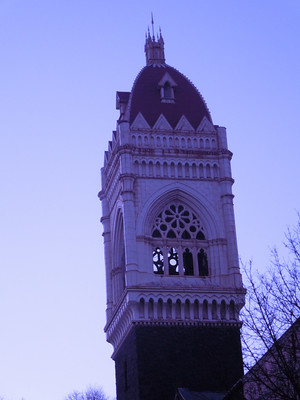Tuesday, March 12, 2013
Quaker Men's Group 2013
I've been attending this group off and on for over a decade by now. I've missed the last two years, so had not been to Bear Camp before, a homestead with yurts, a comfy lodge, off of Rt. 126 about half way between Eugene and Florence, Oregon.
Our theme this year was privilege, with hints of whiteness and maleness weaving through. A bouquet of inter-connected concepts. As at the AFSC meeting, I expressed some embarrassment over the "race" concept and how quaint it might sound in the ears of the less antiquated. I'd say most of us translated the theme into expressions of gratitude for lives that had been full, adventuresome, not worth complaining or whining about.
Last time I attended the theme for me personally was dire straits and the difficulty of making some transitions. That was at another site we've frequented over the years, the Church of the Brethren camp near Myrtle Point, Oregon.
The camp is run by a couple. We're enthusiastic about their enterprise, as we are supportive of the Brethren and their facility. We decided to return to Bear Camp next year, but with some discussion of meeting more often than once a year, and maybe in other places in that case. An interest group or at least a table during one of the meals at North Pacific's Annual Session was proposed.
Even in a room of all white guys, there's likely lots of diversity, just along other axes. We had quite a few retired military, especially Air Force. One of our number is ethnically a Brooklyn Jew (a "tribe" he easily identifies with) though a practicing Quaker as well. We discussed this word "tribe" quite a bit. One's legal right to identify as a tribal member is a core concern of many NavAms in this part of the world and the result may be "name collisions" (what happens when namespaces step on each other).
I spoke at some length about the AFSC meeting I'd just attended (below), wherein the forced schooling of natives by Euros hell bent on the destruction of their cultures had been a top agenda item. Oppressing cultures have the luxury of remaining oblivious a lot of the time. Their thugs (soldiers, but also teachers and social workers) do their dirty work, but they themselves simply enjoy blissful ignorance. The oppressed, on the other hand, can less afford to ignore their relative loss of freedoms and opportunities. These statements verge on being tautologies.
Speaking of "tribes", I've been reading Debt: The First 5000 Years, on my Kindle. I'm enjoying how the author somewhat mockingly visits the faux anthropology the economists concocted, starting with Adam Smith in particular, to give their discipline more of a basis. "Money" per the economists' mythology, is all about rescuing a bound-to-fail, barter-based approach, as if some tribes had tried this but the deals were just too complicated after awhile.
David Graeber, himself an anthropologist, finds other memeplexes more compelling, when it comes to explaining the origin of money. Barter still has a role, even with money in the picture. The either/or thinking which portrays money as a swap-in and savior for bartering conveniently overlooks debt and its role as a prime motivator in human affairs. Graeber looks elsewhere to explain the origin of money games.
I joined this group late, having had responsibilities the night before as usher and ISEPP board member. Gibor Basri, an internationally recognized professor of astronomy and expert on brown dwarfs, was here in Portland to lecture on the findings of the Kepler Project.
NASA's Kepler (a specialized satellite telescope in the sun's orbit, following Earth) has been staring a a small patch of stars, not blinking, looking for the characteristic repeated wavering that would indicate a planet transiting between a star in our viewpoint. What appears to have been proved is stars with planets are as common as rain and a lot of those are likely Earth-like in size, the even more are likely "super Earths" i.e. the average planet is somewhat bigger than ours.
During closing worship we remembered some of our dear departed, Olin Byerly having most recently left the living. I brought up Lewis Hoskins and Ed Janoe. We also spoke of those still alive and not present. These kinds of remembrances are typically "tribal", to further elaborate on this anthropological term. I think of the Hash House Harriers, a kind of running club, and their espirit du corps.
I re-explored the coast a little coming back, taking Rt. 126 to 101 to Lincoln City, Rt. 18 back to Portland. Just north of Florence, I stopped at Sea Lion Caves where I'd not been since a small child, to the best of my recollection. The sound of being in that cave inspires singing behavior, one might say. I gather the high tide is what deposits them on such high perches, there'd be no way to climb there built like that. In the ocean, they're graceful. Seals are sleek.

